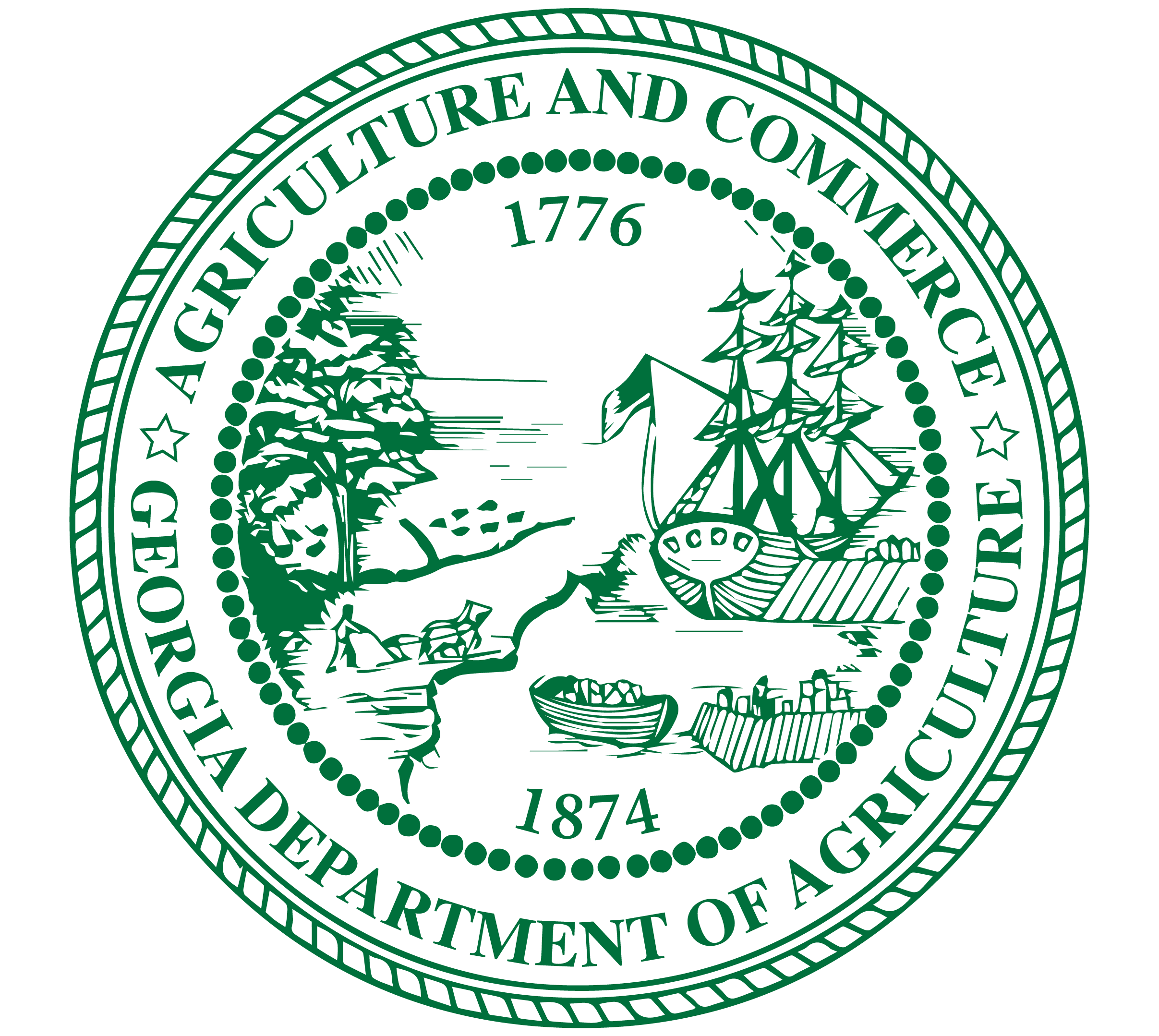The Georgia Department of Agriculture has been granted funding through the USDA's Agricultural Marketing Service (AMS) for the Resilient Food Systems Infrastructure (RFSI) Program. This initiative will allocate approximately $7.1 million in competitive grants to enhance the middle-of-the-supply-chain for Georgia-based food and farm enterprises. The program aims to create more resilient, diverse local and regional food systems, offering technical support and coordinating supply chain activities. For more details, visit the Georgia RFSI Program page.
For comprehensive details on RFSI Scope and Requirements and the AMS Terms and Conditions, please visit www.ams.usda.gov/rfsi.
Infrastructure Grants are designed to enhance capacity and infrastructure for processing, aggregating, manufacturing, storing, transporting, wholesaling, or distributing targeted agricultural products, with match requirements applied. Simplified Equipment-Only Grants, fixed-price grants, solely fund equipment purchases without necessitating match funds.
Infrastructure Grants range from a minimum of $100,000 to a maximum of $1,000,000, excluding in-kind/match funds. Simplified Equipment-Only Grants range from $10,000 to $100,000, with at least $1 million dedicated for these forms of grants.
Activities in the Processing and Aggregation and Distribution stages, such as processing, packaging, preserving crops, extracting products, creating value-added products, storing, tracking, distributing, and delivering crops, fall under "middle-of-the-supply-chain" activities. This includes enhancing worker safety, education, and modernizing or expanding facilities for these purposes.
Production and market/consumer-related activities are excluded. This encompasses farm production costs like equipment and seeds, and market/consumer activities like expanding sales staff or renovating retail spaces. On-farm, post-harvest processing and preservation are considered middle-of-the-supply-chain activities.
Eligible applicants include agricultural producers or processors, groups of producers and processors, nonprofit organizations, local or tribal governments engaged in middle-of-the-supply-chain activities, and institutions like schools or hospitals that foster cooperative infrastructure or invest in equipment benefiting multiple producers. All applicants must operate within Georgia.
Special purpose equipment necessary for project activities, including processing, packing, and distribution machinery, is eligible under the grants. Equipment costs must directly relate to the project's objectives
Yes, technical assistance and grant writing support services, including weekly office hours and workshops, are available. Further resources can be found on the Georgia Department of Agriculture's website.
Inquiries can be made during scheduled office hours or via email to the provided contacts on the Georgia Department of Agriculture's RFSI page.
A UEI is required for entities engaging in federal contracts and can be obtained through SAM.gov. While not needed to submit a proposal, awarded recipients must have a UEI before executing a grant agreement.
Funding is available for specialty crops, dairy, grains (for food), and other sectors intended for human consumption. This includes fruits, vegetables, tree nuts, dried fruits, horticultural products like tea or honey, and culinary and medicinal herbs. Exclusions include floriculture, ornamental trees, and cannabis, as they're not intended for human consumption.
Yes, these entities qualify if their activities primarily enhance the middle-of-the-supply-chain and boost market opportunities for local and regional agricultural producers.
Yes, aquaculture projects are eligible, provided they involve controlled production of aquatic organisms. Wild-caught seafood, however, does not qualify.
No, RFSI does not cover meat and poultry. These are supported by other USDA programs.
While meat and poultry processing is excluded, projects can process eligible crops alongside meat or poultry, provided there's a clear distinction ensuring RFSI funds support only eligible activities.
Yes, provided they significantly benefit Georgia's local and regional development, enhancing market opportunities for local producers.
It's a sub-award funding projects that develop capacity and infrastructure across processing, aggregation, manufacturing, storing, transporting, wholesaling, or distribution of targeted agricultural products within Georgia.
Grants range from a minimum of $100,000 to a maximum of $1,000,000.
No, recipients cannot issue sub-awards. For smaller grants, consider USDA's Regional Food Business Centers.
Yes, if they operate within the supply chain's middle stages, focusing on local and regional producers, and meet SBA small business standards.
Direct farm production costs are ineligible. Funds may be used for construction that enhances or expands existing facilities or builds new ones supporting eligible activities.
Acquisition of land or buildings is not permitted. Funds may cover special purpose vehicles like refrigerated trucks if they're essential to the project.
Activities that create new retail opportunities or expand processing and packaging capacities are eligible. Examples include constructing new facilities, modernizing equipment, and training on new processes, among others.
Infrastructure Grants need a 50% match, which can be cash or in-kind contributions. Historically under-served groups may qualify for a reduced 25% match. Simplified Equipment-Only Grants do not require matching.
Applicants can self-certify eligibility for a reduced match if they meet specific criteria, including being historically under-served or qualifying under SBA small business categories.
In-kind contributions can include donated goods, services, staff time, or the use of equipment or facilities, provided they are directly related to and necessary for project completion.
Utilities used in the project can count towards the match. There's no set limit on the proportion of in-kind versus cash contributions, as long as they adhere to eligibility criteria.


